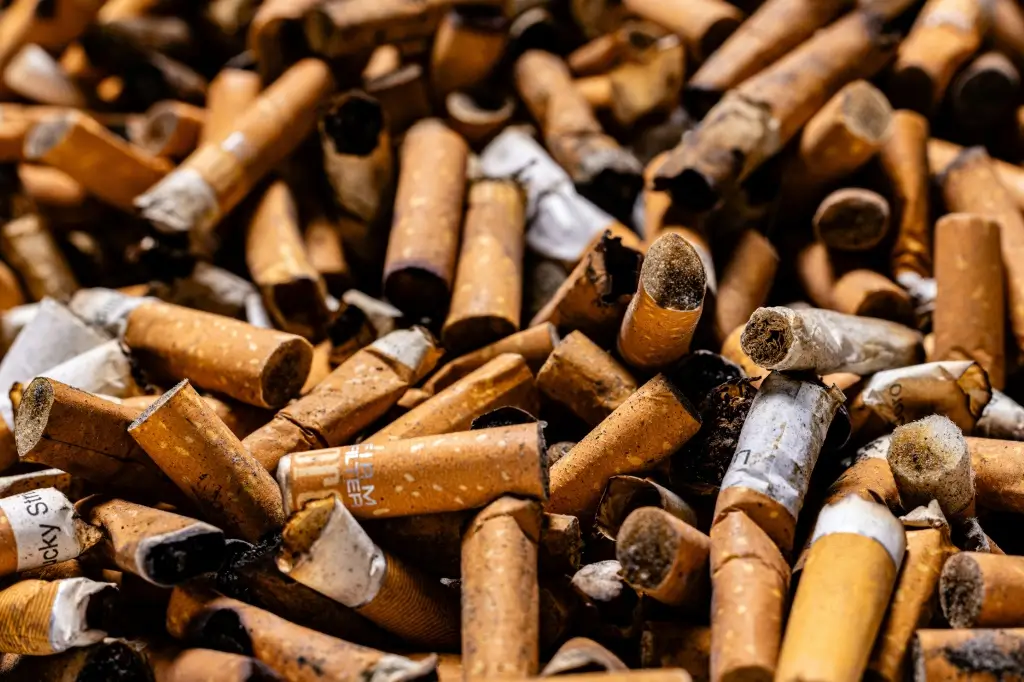
A research team has detected nicotine in Berlin's waters. The nicotine from discarded cigarette butts enters the water mainly through heavy rainfall and the sewage system, as reported by the Leibniz Institute of Freshwater Ecology and Inland Fisheries (IGB) on Wednesday. The nicotine concentrations measured are harmless to most organisms.
In the summer of 2019, the experts examined a total of 56 water samples from fourteen lakes, nine ponds, nine rivers, eight canals, and two canalized streams in the German capital. They found nicotine in every water sample. However, the concentrations varied greatly, ranging from seven to about 1,500 nanograms per liter.
The main cause is rain, which washes the nicotine out of discarded cigarette butts. A cigarette butt still contains around two milligrams of nicotine, which is easily soluble in water. According to the analysis, rainfall led to an increase in cigarette residues, especially in canals, where concentrations were up to 16 times higher. In addition, the nicotine concentration in waterways connected to the sewer system was on average about twice as high as in waterways without access to the sewer system.
According to the study, the nicotine concentrations measured are harmless to most organisms. For ten different freshwater fish species, a lethal dose of between 2210 and 8450 nanograms per liter is cited for one week of exposure. For micro-organisms such as water fleas, however, the value at which nicotine concentrations have no negative effect is as low as 100 nanograms per liter.
Nevertheless, the researchers are not giving the all-clear. “In view of the general decline in water levels and the increase in individual heavy rainfall events, nicotine pollution in inner-city waters could also become a problem in Berlin,” explained study leader Markus Venohr. In addition, cigarette butts “leach out a whole cocktail of potentially harmful substances that, individually or collectively, can have far greater ecological impacts.”